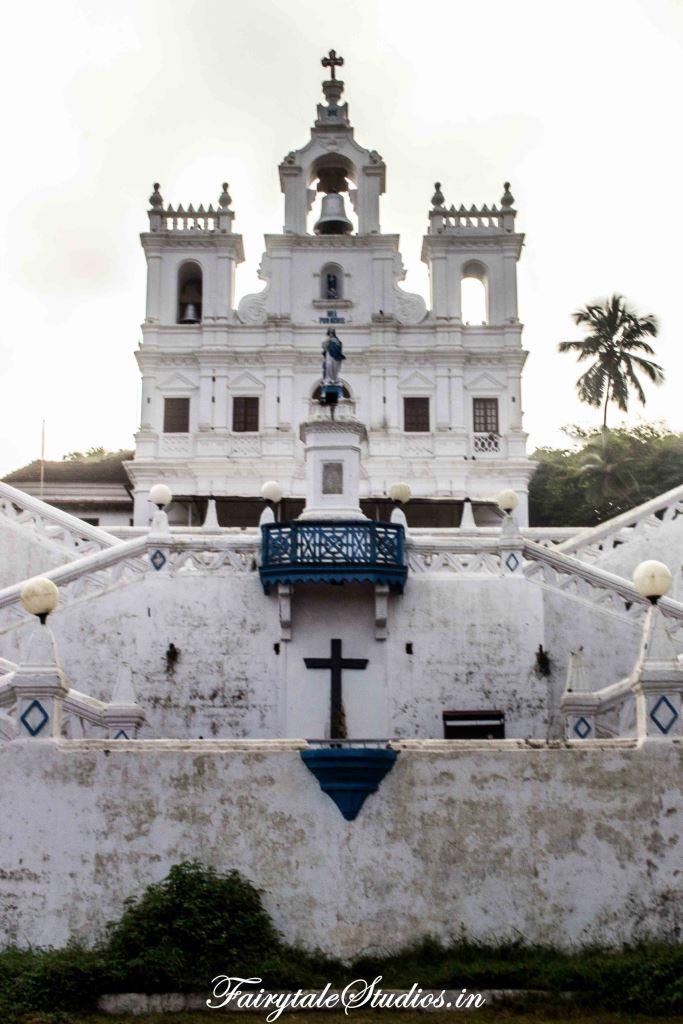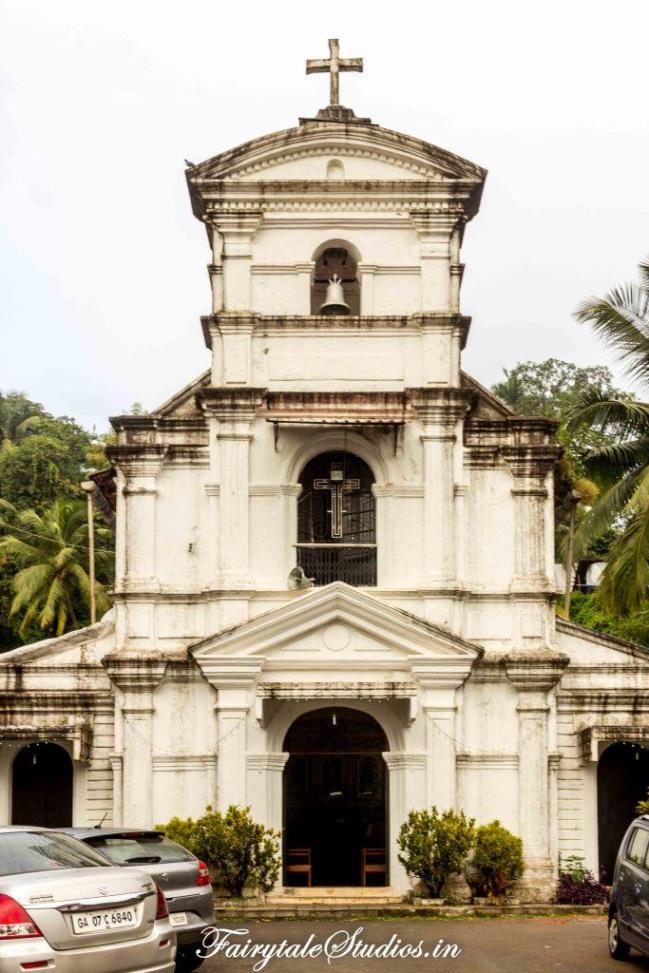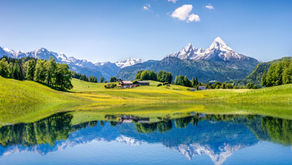Fontainhas: A photo journey - Offbeat Goa
- Fairytale Studios

- Jan 27, 2019
- 3 min read
Updated: May 4, 2021
Fontainhas of Goa are without a doubt a photographer's paradise. While there are many beautiful places in Goa worth drooling over, Fontainhas stands out as a unique experience like no other. There are a few areas in India that would take you back to the colonial world, but Fontainhas in our experience would beat them all. Located in the heart of capital city of Panjim, Fontainhas will take you back to the Portuguese world. In this photoblog, we take you on a walk through the narrow winding lanes of Fontainhas of Goa and see some interesting alleys, colorful buildings, projecting balconies and oyster windows, all in the Latin Quarters of Panjim, Goa.

Read other blogs of the series ‘Offbeat Goa’ by clicking on the link or photos below:
Fontainhas – A photojourney - This article
Houses in Fontainhas
The old buildings of Latin quarters of Fontainhas have been converted into hotels, shops, restaurants or are still used for residential purposes. First thing you would notice while walking through these winding lanes is Colors - Greens, Reds, Blues, Yellows, Creamish and all combinations of these. Despite the lack of space there is lot of greenery. It seems during Portuguese reign, there were two rules every resident of Fontainhas had to abide by. One, paint the exterior of the houses every year and two, maintain a beautiful garden in the front porch of the house. The rules are still obeyed by most of the locals. Hence the colors and the greenery. Planters and pots will be seen hanging in the small verandah of almost all the houses.


The architecture of buildings and houses in Fontainhas is highly influenced by Portuguese culture. The roosters on top of the building symbolises honesty, trust and integrity and is the national symbol of Portugal. The doors and windows are intricately carved wooden structures with sleek look. Statues of soldiers can be seen on both sides of windows or balconies on first floor signifying that the house belongs/ belonged to a freedom fighter. Large colorful windows open out in the streets and lanes; some of which are made of oyster shells collected from the beach. The high porches of the houses signify a higher status. Each house have azulejo tile on the front door side acting as a designer name plate. Cute lamps hang on side of the doors illuminating the alleys during the night. A close look at each house will give you an insight into many such different designs.



The churches in Fontainhas are white-washed - only the churches are reserved to be painted in white here. All the houses are painted in red, green, blue and yellow. The St. Sebastian Chapel and the church of Our Lady of conception Immaculate are the two churches one should not miss out on visiting. The zig-zag stairs leading to the church of Our Lady of Immaculate, which is believed to be housing second largest bell in Asia, is every Instagrammer's photo spot. St. Sebastian's church is famous for Jesus with open eyes on the crucifix.
Though Altinho Hill is not a part of Fontainhas, it's houses and buildings are similar in architecture to those of Fontainhas. Antinho Hill divides Old Panjim from New Panjim and is like a hill station. Taking a walk in the winding lanes of Altinho Hill is very calming and soothing. The major attraction of Altinho Hill has to be The High Court of Bombay in Goa. The High Court is painted in bright yellow and white and is surrounded by lots of greenery and canopy of trees all around. Goa's Chief Minister's House and Archbishop's palace are also located in Altinho Hill.



A heritage walk in Fontainhas is highly recommended to truly understand the culture and architecture of these Latin quarters. Read more about Fontainhas and our experience of an heritage walk here.
Did you like our photographs of Fontainhas? Would you like to visit these Latin quarters in Panjim? Leave your thoughts in the comment section below.
PIN THESE IMAGES



















































































































































When selecting an Escort in Delhi, consider what type of experience you're seeking. Some may be better suited for social gatherings, while others excel in providing intimate companionship.
Escort in Mehrauli
Model town Escort Service
Escort Service Moti nagar
Escort Service in Naraina
New Friends Colony Escort
Thanks for aesthetically capturing the essence of the ward where I was born in 1958. Dr Nandkumar Kamat, Chairman, Task force commitee of Govt of Goa, State Cultural Policy notified in 2007. Wonderfully photographed and presented with love for my city